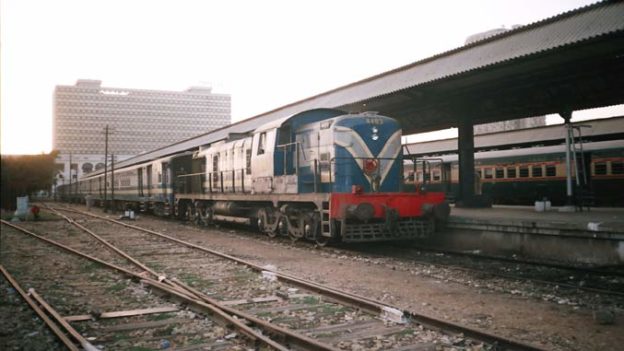A senate committee is adamant that groundbreaking of the Karachi Circular Railway (KCR) project should be performed by December 25 and, in an attempt to make it sure the committee has warned of not tolerating unnecessary delay. The committee don’t see any hindrance in groundbreaking since it believes all institutions involved in the project are on the board. However, Pakistan Railways view it differently believing December is ambitious. Resultantly, no one knows if the KCR groundbreaking would be done on the date the committee has pushed for. The Senate Standing Committee on Planning, Development and Reform gave such directive to the Ministry of Railways and Sindh to make every effort to ensure groundbreaking of the Karachi Circular Railway (KCR) project by December 25 this year.
Presiding over a meeting on October 9, Senator Tahir Hussain Mashhadi said, “This is a very important project as all institutions are on board; moreover, the project has also been included in the China-Pakistan Economic Corridor (CPEC). Why is there unnecessary delay?”
He directed the authorities concerned to arrange a meeting of the two committees workingunder the Federal Ministry of Railways and the Sindh government to discuss the right of way and encroachment issue and send recommendations to the Senate committee within 15 days. Railways Director General Planning Mazhar Ali Shah informed the committee that feasibility report and PC-1 of the project had already been approved but the framework agreement and award of commercial contract had not yet been agreed. Hence, ground-breaking of the project by December 25, 2017 seemed to be an ambitious target, he added. Responding to this, Senator Sherry Rehman expressed dissatisfaction over the railways ministry’s progress, saying if there was a will to ensure ground-breaking by the set date, then all issues could be resolved within 48 hours. Briefing the committee about the project, Sindh Transport Secretary Saeed Awan said work on clearing of encroachments standing in the way of KCR was stopped due to some unknown reasons. He said the project costing $1.9 billion was approved by the Executive Committee of National Economic Council (Ecnec) in its meeting held on October 6, 2017.







